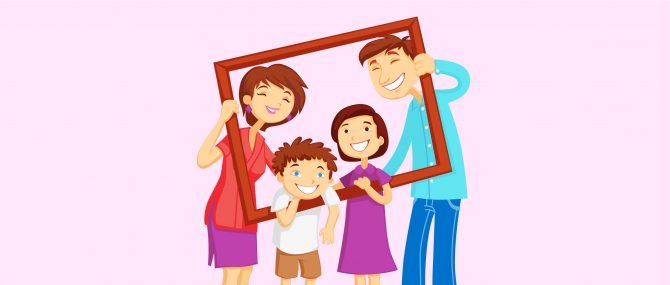Dear Mr./Mrs. Moderator,
my child is now 4 years old and he was conceived using donor eggs. We are a loving family who have always tried so hard to be as caring as possible with him, to the point that we act differently whenever we are having dinner with him or doing some activity in which we know he is staring at us deeply. But all these efforts have been in vain, because he’s never ever expressed his emotions with us or built a meaningful relationship with us. It’s like if there was no connection, no link, no attachment. He likes to play on his own, eat on his own… and whenever we go kiss him he refuses to give me or his father a kiss back. This is so frustrating that we don’t know what else could we do… After having searched a little bit, we’ve read something about the reactive attachment disorder, which symptoms unluckily fit those expressed by my son. Do you think he may have developed it because there is no genetic relationship between us? I’ve always thought this could happen, and that’s precisely why I’ve always put a great dose of effort to make it work.
Please, I beg you to study our situation deeply and try to help us as much as possible, that would be tremendously kind.
Thanks!!02/27/2016 at 12:09 pmDear Loneliness,
attachment is the connection that develops between a child and caregiver over their lives, from the very moment the child is born. Such relationship not only affects your child’s development profoundly, but also his/her ability to express emotions, build relationships, etc. However, some children develop what is known as “reactive attachment disorder” (RAD), an emotional disorder that hinders their capacity and skills to connect with their parents/caregivers.
The symptoms you’re describing fit the common pattern developed by children with such disorder and are a sign that the following has occurred on their inside: lack of trust, fear of getting close to anyone (including parents), need to be in control, anger… All in all, a child with attachment disorder tends to be alone and unsafe.
Attachment issues are not connected to the fact that your child has been conceived via egg donation. And the same applies to children born from embryo adoption, adopted children, etc. The truth is, attachment disorders are usually the result of negative experiences in the early relationship between the child and parents/caregivers. It may be a consequence of a baby or toddler feeling isolated, powerless, or even uncared throughout his/her early life.
If you think your child has RAD, my advice is that you visit an specialist, who will study your particular situation throughly and create a plan adapted to your child’s behavioral pattern. Be it as it may, please keep in mind that every effort you make is worth it, even if you feel that sometimes you are wasting your time. The good news is that RAD can be managed and repaired. Trying to maintain predictable routines/schedules, being immediately available to reconnect following a conflict, setting limits, etc. may be helpful towards repairing the behavior of a child with RAD.
Sending you lots of courage and strength,
Regards
03/15/2016 at 5:59 pm
Other topics related to this forum
Messages
Updated

